Talk between FCC and DOJ chiefs might result in approval for the T-Mobile-Sprint merger
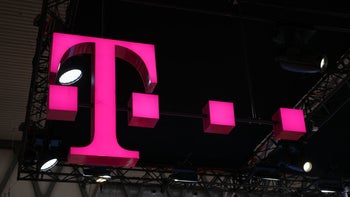
Last Monday, T-Mobile and Sprint executives had quite a roller coaster day. First came word that FCC Chairman Ajit Pai had recommended to the other four FCC commissioners that they vote to allow the $26.5 billion merger of T-Mobile and Sprint to take place. But not too long after that story broke, a person familiar with the Justice Department's review of the transaction said that the agency was going to reject the deal. Approval from both the FCC and DOJ is required for the transaction to close.
However, there still may be a way to salvage the merger. The New York Post reported yesterday that FCC Chairman Pai "consulted" with the DOJ's antitrust chief Makan Delrahim before making the announcement that he would vote to allow the deal to proceed. Many believe that this is a sign that Pai was able to convince Delrahim to overrule the DOJ's staff, which would allow the merger to close. Both agencies have different assignments when it comes to this deal; the FCC is concerned with how the merger will affect the cellular landscape in terms of spectrum, rural coverage and the rollout of 5G service; the DOJ is concerned with the competitive landscape in the wireless industry if the deal goes through. While it is worried about the number of major U.S. carriers dropping from 4 to 3, a 25% reduction, others argue that the combined T-Mobile-Sprint would be better able to compete with Verizon and AT&T.
One source says that it will be hard for the DOJ to reject the deal if the FCC approves it
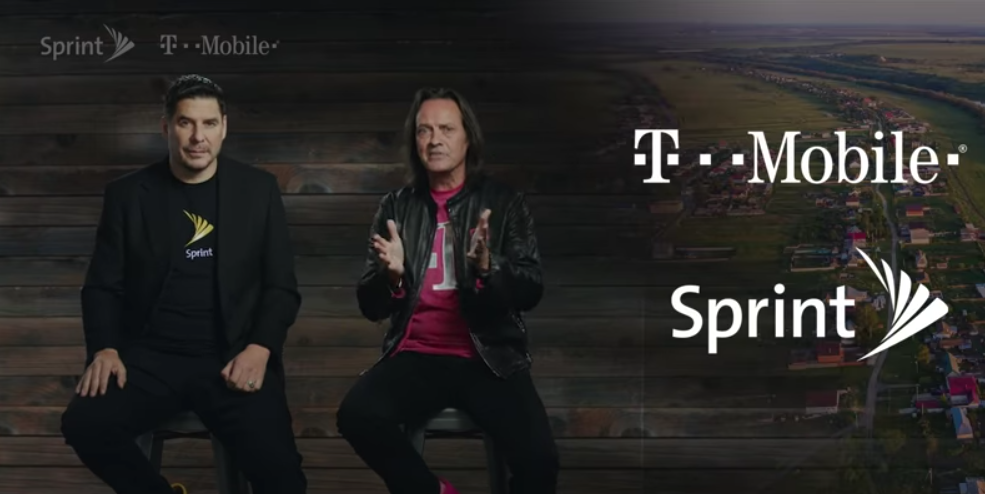
T-Mobile's merger with Sprint still has a chance to be approved
Both T-Mobile and Sprint had originally placed a deadline of April 28th to close the merger. That was extended to July 29th. If the deal is completed, T-Mobile would finally combine with Sprint after years of rumors and busted deals. Back in 2014, both companies floated trial balloons about a merger only to get shot down by the FCC and DOJ before a transaction was even announced. AT&T thought it had purchased T-Mobile, then the nation's fourth-largest carrier, for $39 billion back in 2011. That deal would have created the largest wireless provider in the U.S., but was shot down by the DOJ. T-Mobile received a nice break-up package from AT&T consisting of $3 billion, 128 AWS markets and more. That helped T-Mobile become what it is now, the fastest growing and most innovative of the four major carriers. The next year, John Legere was named CEO and the rest is history.
A merger between T-Mobile and Sprint is a match made in spectrum heaven. T-Mobile owns a ton of low-frequency 600MHz spectrum, which dovetails perfectly with Sprint's hoard of mid-range 2.5GHz airwaves. Merging the two will help the combined carrier create a nationwide 5G network using sub-6GHz bands. Verizon and AT&T plan on using mmWave spectrum in the 24GHz to 100GHz range for their mobile 5G service. Frequencies that high travel only a short distance, which is why it will take longer for the nation's top two wireless providers to complete their coast-to-coast 5G networks.

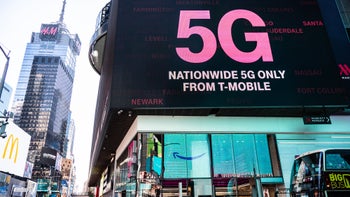
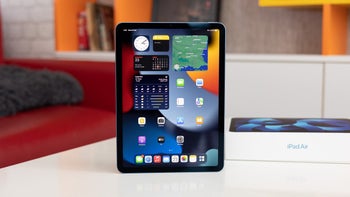
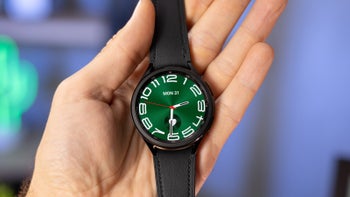

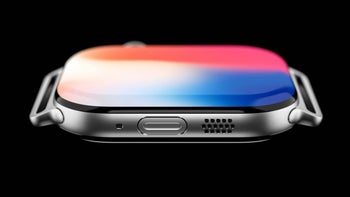
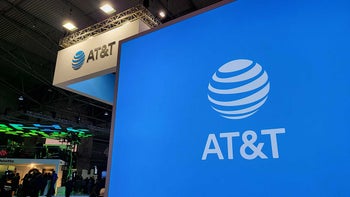
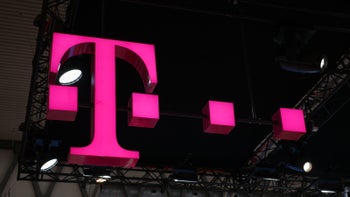
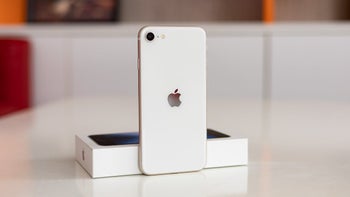
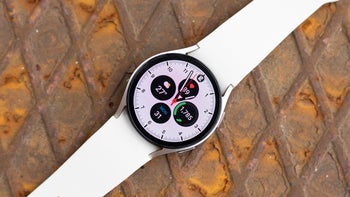
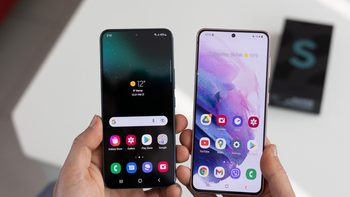

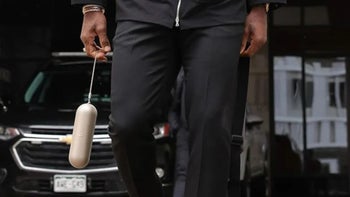
Things that are NOT allowed: